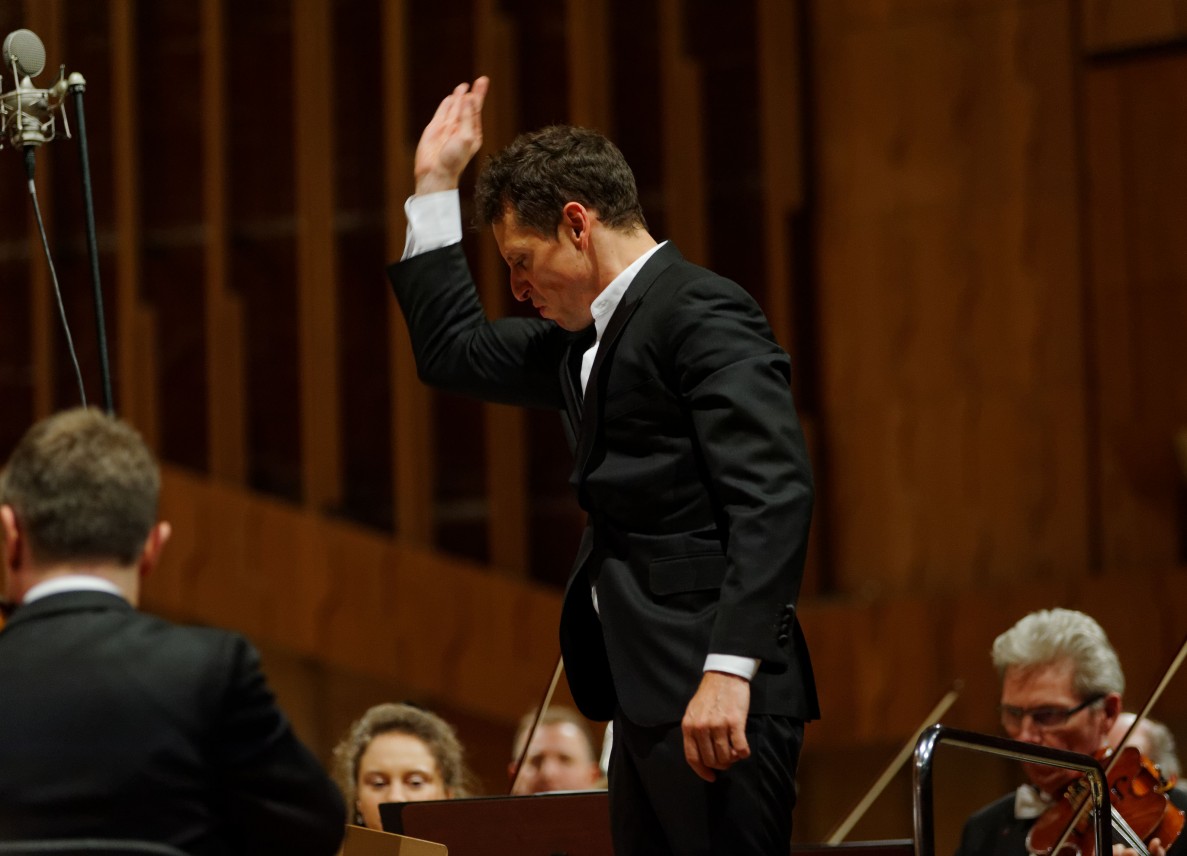NOSPR / Paolo Bortolameolli - NOSPR
NOSPR / Paolo Bortolameolli
Despite the turmoil of war, Shostakovich did not leave his native city for long, and a substantial part of the Seventh Symphony was written during the siege of Leningrad, which went down in history as a two-and-a-half-year massacre of citizens consumed, amidst the bombardments, with hunger, disease and cold. The symphony was designed to illustrate life as it proceeded within the city’s walls – a life that had been deceitfully appropriated by war. At the same time, crowned by the symbolic triumph of ‘light over darkness, humanity over barbarity and reason over animal instinct’, it portrayed a struggle against all manifestations of terror, oppression and enslavement. Although the score was smuggled out to the US and played there more than 60 times during the 1942/1943 concert season, it was the first Leningrad performance that was of truly symbolic significance. On 9 August 1942, the Symphony was played by an orchestra comprising local musicians who had managed to survive the winter and others who had been specially released from military service, and it was heard not only by the city’s residents, but also by the German troops stationed outside its walls.
We play safe! Click and learn more about the public health rules in force during the coming concerts – more
Duration of the concert: approx. 80 minutes
Upcoming events














